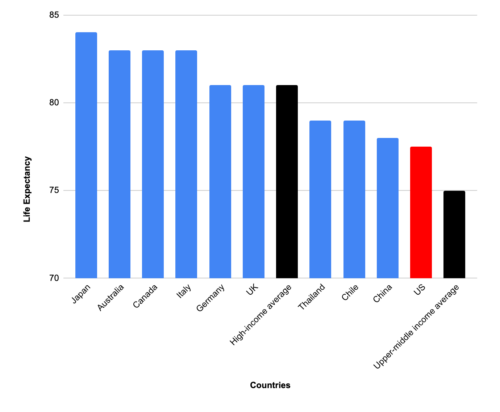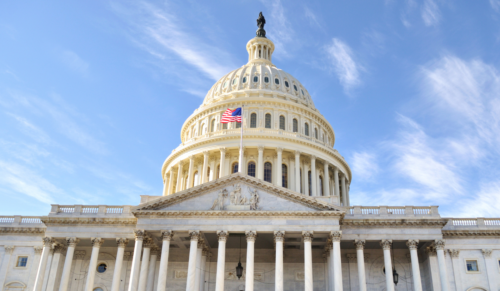Agenda 2016: Reviving U.S. Economic Growth
By: / 11.13.2015
The Progressive Policy Institute (PPI) teamed up with Columbia University’s Richard Paul Richman Center for Business, Law, and Public Policy to co-host a compelling symposium Nov. 6-7 in New York on revitalizing the U.S. economy. The event featured a distinguished roster of Richman Center economists and scholars, as well as PPI analysts and special guests, and more than two-dozen top policy aides to Members of Congress, Governors, and Mayors.
Held on Columbia’s Manhattan campus, the symposium examined the U.S. economy’s recent performance, as well as the causes of the long-term decline of productivity and economic growth. Against the backdrop of the 2016 election debate, the participants grappled with specific ideas for unleashing more economic innovation, modernizing infrastructure, reforming taxes, improving regulation, expanding trade and reducing inequality by ensuring that all children have access to high-quality public schools.
The discussions, which were off-the-record to encourage maximum candor, featured the following speakers and topics:
- An overview of the U.S. economy’s recent performance by Abby Joseph Cohen, President of the Global Markets Institute and Senior Investment Strategist at Goldman Sachs.
- A roundtable on key elements of a high-growth strategy, led by Michael Mandel, Chief Economic Strategist at PPI, Andrew Stern, former head of the Service Employees International Union and now Ronald O. Perelman Senior Fellow at the Richman Center, and Philip K. Howard, Founder of Common Good, a nonpartisan reform coalition. The conversation touched on ways to improve the regulatory environment for innovation, including reducing regulatory accumulation and requiring faster permitting for big infrastructure projects, as well as a lively debate on the future of work in a tech-driven knowledge economy.
- An insightful macroeconomic analysis of why productivity and economic growth have slowed, by Pierre Yared, Associate Professor at the Columbia Business School and Co-director of the Richman Center. Yared highlighted three potential contributors to the slowdown: labor demographics and participation; “capital intensity” or business investment; and the “production efficiency” of U.S. companies.
- A detailed examination of the impact of energy innovation—from the shale boom to renewables and the construction of a new, “smart” grid—on jobs and economic growth. Leading this segment were Jason Bordoff, formerly energy advisor to President Obama and Director of Columbia’s Center on Global Energy Policy, and Derrick Freeman, Director of PPI’s Energy Innovation Project.
- A dinner conversation at the Columbia Club with Edmund Phelps, the 2006 Nobel Laureate in Economics and Director of Columbia’s Center on Capitalism and Society at Columbia University. Drawing on his recent book, Mass Flourishing: How Grassroots Innovation Created Jobs, Challenge and Change, he stressed the importance of indigenous innovation in creating the conditions for broad upward mobility. He also emphasized the crucial role of “modern” or individualistic cultural values in sustaining the mass innovation and entrepreneurship America needs to flourish again.
- A detailed look at business taxation and reform as a potential driver of economic growth. It featured Michael Graetz, Alumni Professor of Tax Law at Columbia Law School, David Schizer, Dean Emeritus and the Harvey R. Miller Professor of Law and Economics at the Columbia Law School and Co-director at the Richman Center, as well as PPI’s Michael Mandel. The discussion ranged widely over global tax frictions, including the OECD’s new “BEPS” project; the need for corporate tax reform; “patent boxes” and mounting U.S. interest in consumption taxes.
- A roundtable on trade and productivity growth with Ed Gerwin, PPI Senior Fellow for Trade and Global Opportunity and the versatile Michael Mandel. Noting President Obama’s controversial call for a Trans-Pacific Partnership, Gerwin stressed the agreement’s potential for “democratizing” trade by making it easier for U.S. small businesses to connect with customers abroad. Mandel underscored another PPI priority: raising awareness among policymakers of the growing contribution of cross-border data flows to growth here and abroad, and the need to push back against proposals that would impede “digital trade”
- A luncheon presentation on “financial regulation after the crisis” by Jeffrey Gordon, Richard Paul Richman Professor of Law at Columbia Law School and Co-director of the Richman Center. Gordon described the new regime put in place by Dodd-Frank and other rules to guard against “systemic risk” of another financial meltdown, and suggested its “perimeter” may been to be expanded beyond banks.
- The symposium’s final panel featured a vigorous discussion on K-12 education reform and the economy. The discussants were Jonah Rockoff, Associate Professor at the Columbia Business School and David Osborne, who directs PPI’s Reinventing America’s Schools Project, and is a co-author of the seminal “Reinventing Government.” Rockoff highlighted research showing that the returns to school improvement are enormous, and recommended reforms that could increase school quality. Osborne traced the evolution of school governance in America, and offered detailed looks at new models emerging in cities like New Orleans and Washington, D.C., both of which are leaders in the public charter school movement.
The symposium gave the policy professionals who participated a rare opportunity to delve deeply into complicated economic realities, guided by presenters of extraordinarily high caliber. The conversations were highly illuminating and will inform PPI’s work on Agenda 2016—a new blueprint for reviving U.S. economic dynamism and opportunity.






